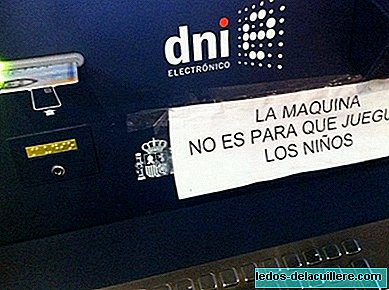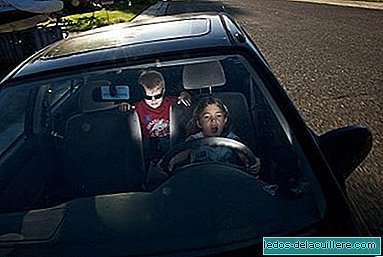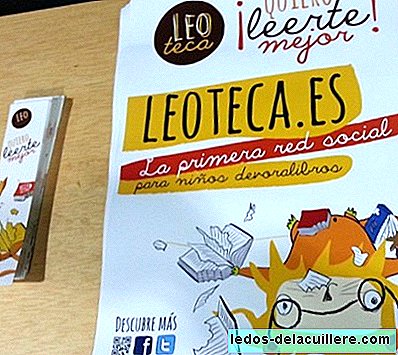
The news has been circulating for a couple of weeks explaining that the director of the Spanish Agency for Data Protection (AEPD), José Luis Rodríguez Álvarez, has proposed to the Government that incorporate a certificate of authentication to the electronic ID of minors, so that you can verify your age and guarantee your identity on social networks. According to Rodríguez Álvarez, the main objective is to comply with Spanish legislation, which does not allow the processing of data of children under 14 years without parental consent.
The objective is that with the electronic ID for minors, it could be proven that the person is who they say they are and that those under 14 are such. It seems that the director of the AEPD is very worried because minors register on Facebook or Tuenti without the necessary consent and that this idea may be a possible solution. He has also ensured that the proposal has been welcomed.
One of the most successful articles that serves as a response to this proposal is that of Xavier Ribas, a specialist in legal aspects of information technology, which explains, among many other arguments that Guardianship is not something that is demonstrated at the time of registration and is already. And it is that the participation of parents in the incorporation of children to social networks transcends the process of initial consent and should be a way in which everyone learns and everyone is aware of the enormous possibilities offered by the Internet as well as the risks that exist.
In addition to their arguments as a father, which are very reasonable and that insist on the idea that prohibition is not the only option but that it is essential to know what children do in Social Networks, Xavier makes a analysis as an expert observer. His analyzes explain why he believes that the DNIe is a project that currently has little experience and that neither involving the little ones in its use can improve its poor implementation in Spain in addition to the low user experience does not contribute to facilitate neither the elderly nor the children to extend the use. At home, for example, there is an electronic ID that we cannot use because we do not have a reader and because the widespread use has not been extended either in the private company or in the public administration in which user-based identification systems have been built and Password as sufficient and secure system.
I did not find the proposal of the Administration adequate because it first places the safety of the little ones. I think families, parents and guardians, are already old to know the places that children can access and how to know the risks they face. We have periodically retrieved this interview in which Meritxell explained to us that "to educate our children in the appropriate use of ICTs and especially social networks, we must be involved in them."
And together with Xavier I share that social networks have become one of the great engines of the economy in Spain and in the civilized world. So I think this initiative could clearly facilitate a reduction in the number of social networks, a sense of permanent vigilance and an obstacle course with a strong increase in bureaucracy for parents and their children.












